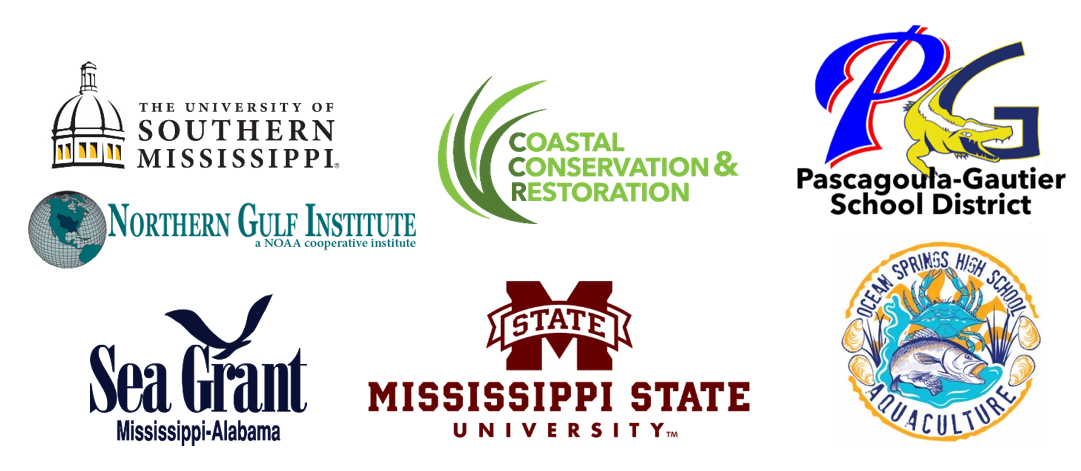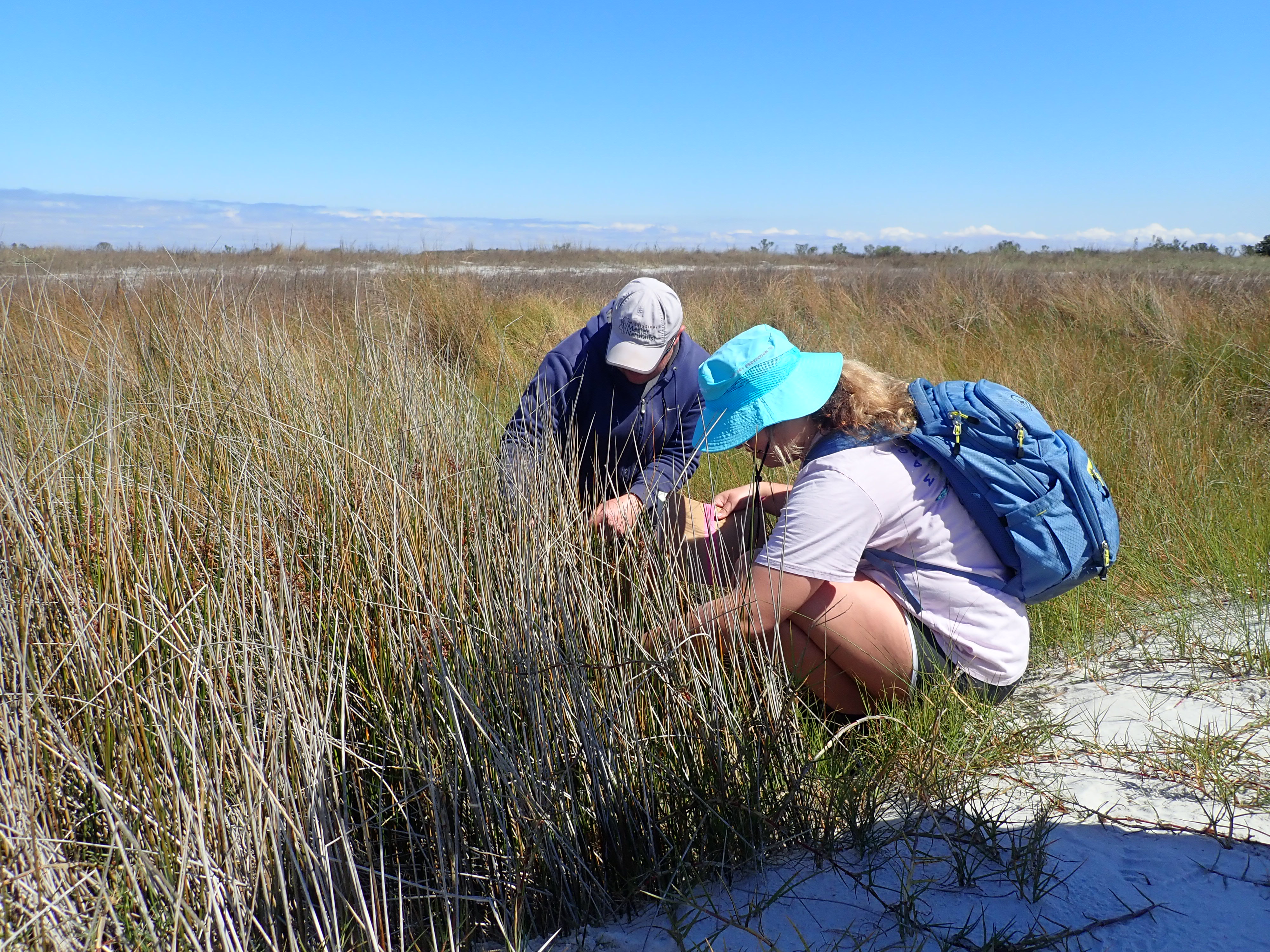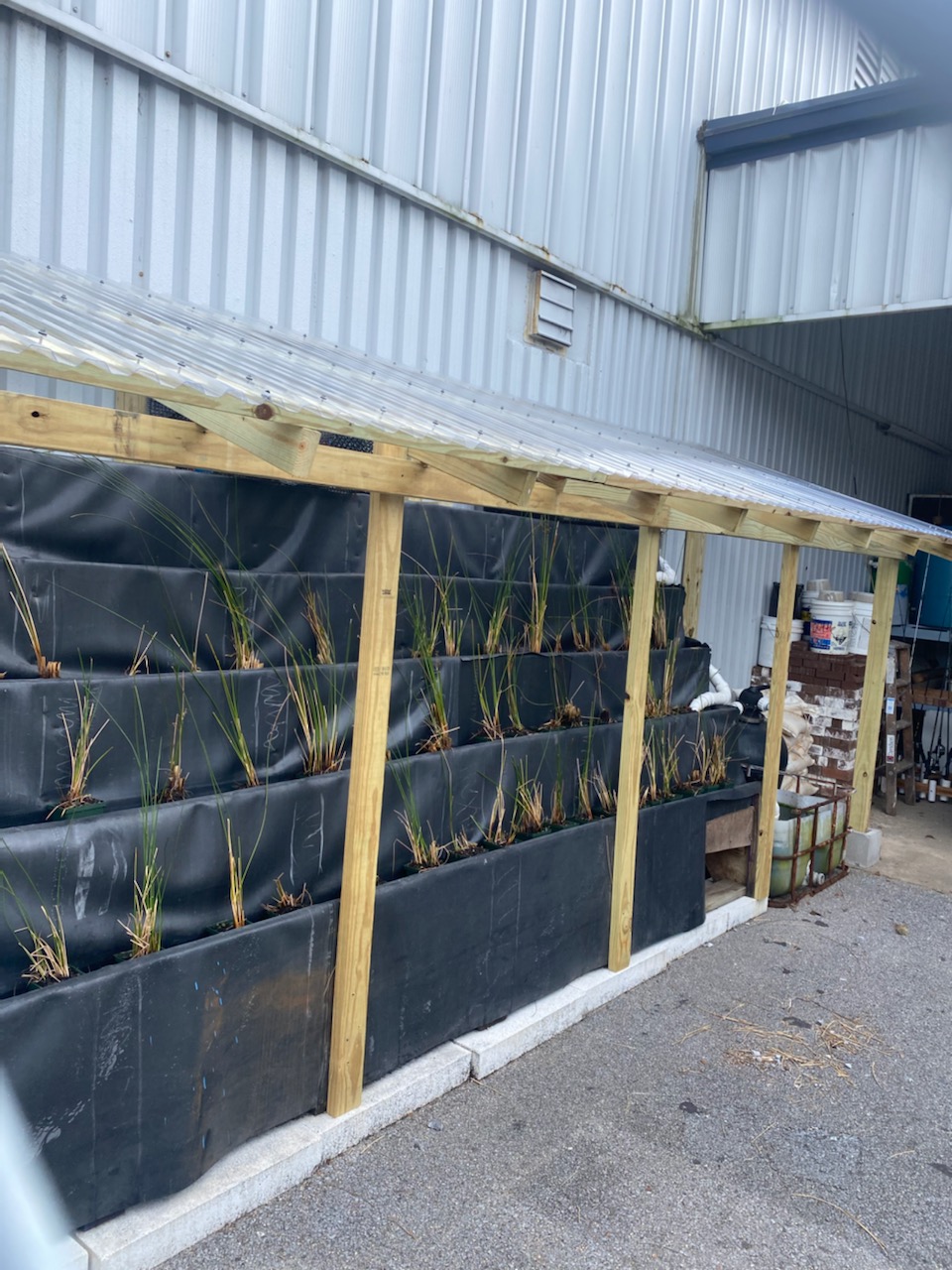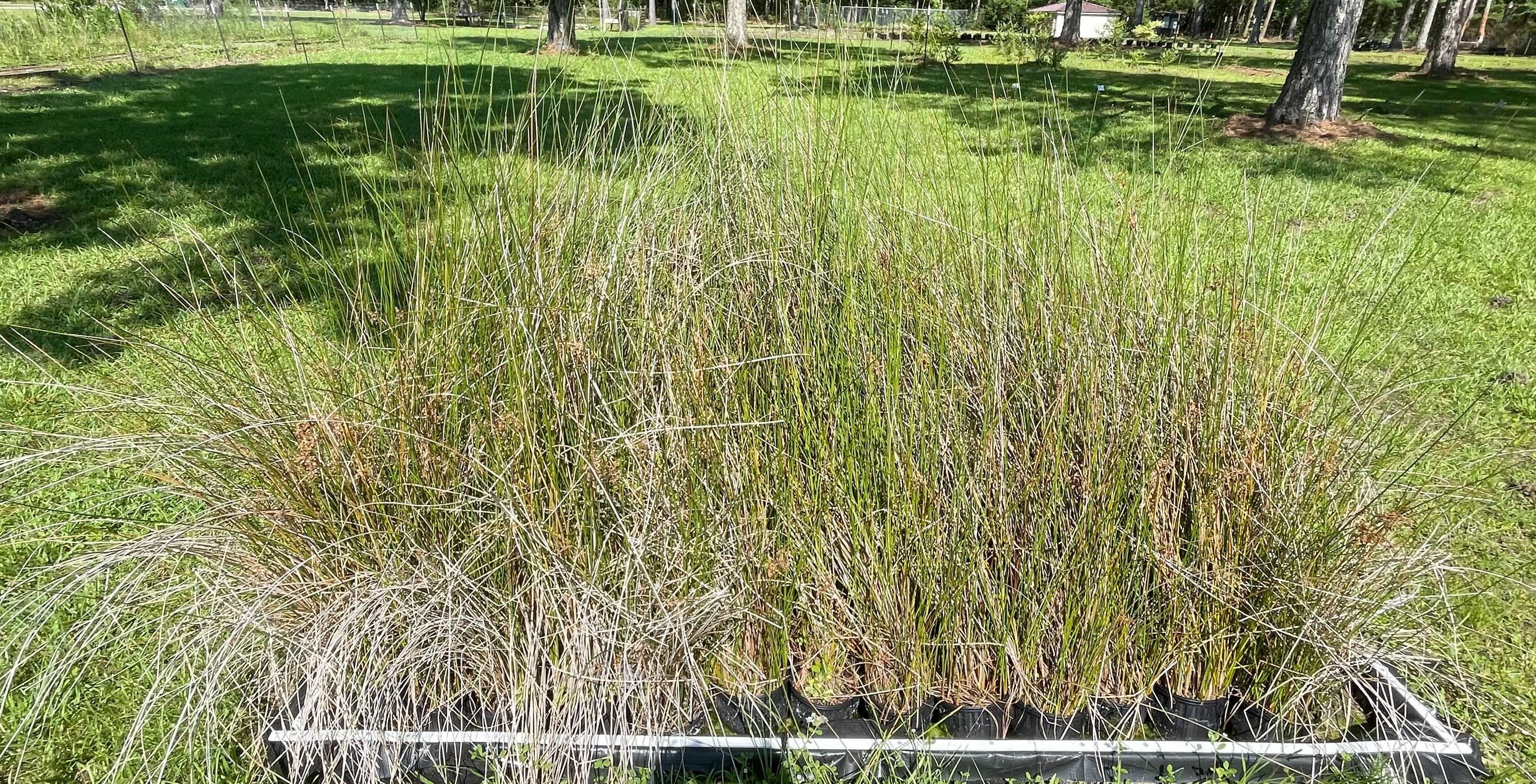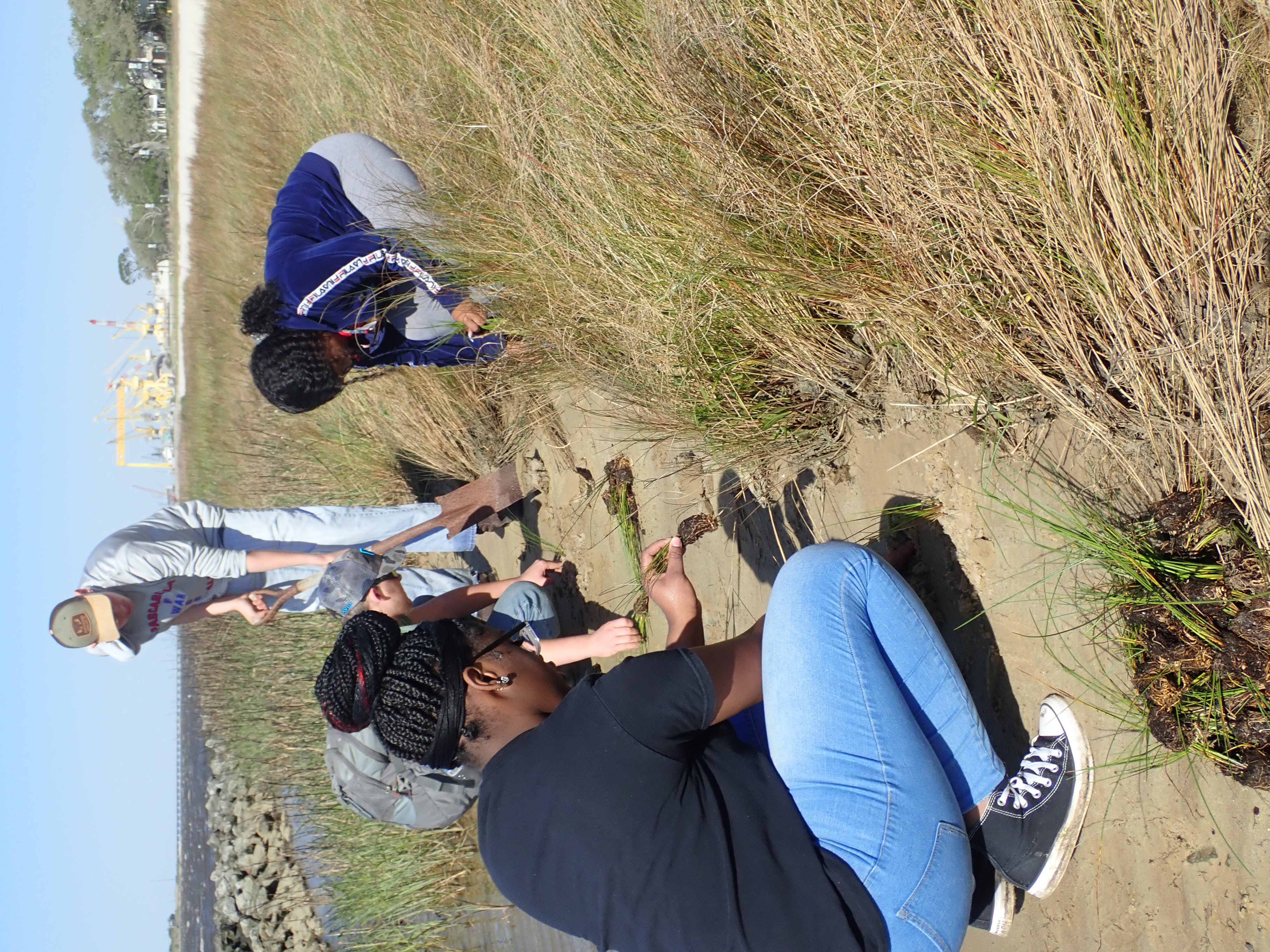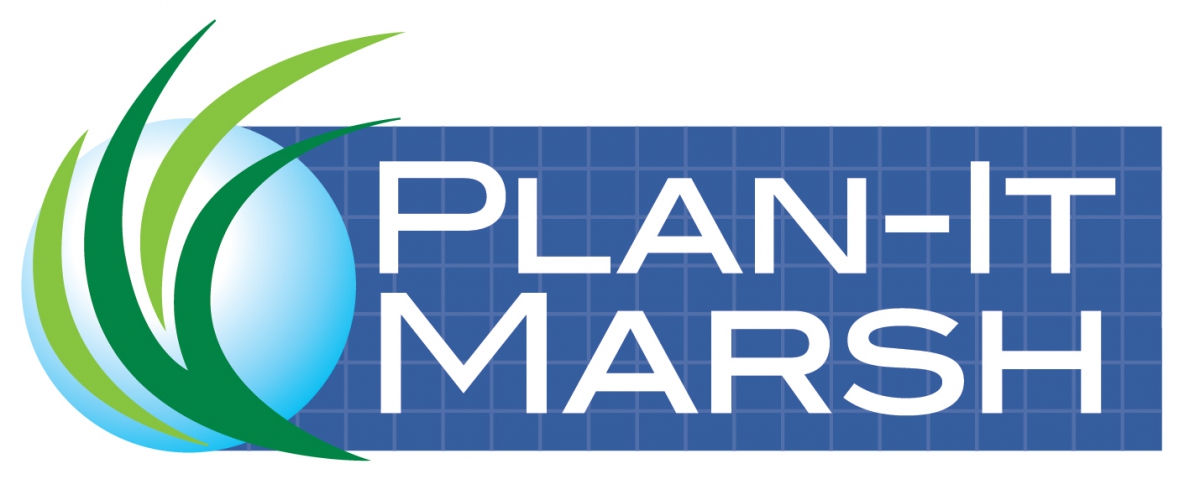

Hey High School Educators!
Looking for an awesome, in-school, experiential learning opportunity?
Do you live near the coast? Teach environmental science or a related course?
Plan-It Marsh and Plan-It Dunes are the programs for you!
Contact us at: ncs218@msstate.edu
________________________________________________________________________________________________________________________________________________________________________________________
Plan-It Marsh and Plan-It Dunes were developed for students in the Gulf Coast & southeastern U.S.A.
Coastal marsh and dune systems definitive of this region play a critical role in sustaining our social and ecological communities.
_________________________________________________________________________________________________________________________________________
Inspired by a generational disconnect with Nature, our goal is to provide Mississippi high school students opportunities to meaningfully reconnect...
- With the ecosystems that matter most to them
- Using scientific and experiential perspectives to expand their minds
- By providing a service to their communities
- To inspire the next generation of wetland stewards (and beyond)
Plan-It Dunes Lesson Plans
-Coming soon! To be published early 2024.
Plan-It Marsh Lesson Plans
Start here:
1. Project Intro. Modern conveniences allow us to go about our childhood without need to expose ourselves to the range of natural environments immediately surrounding us. Indeed some students have gone without, and so students dive right in for a visceral experience with guided tours in a local marsh.
2. Energy Transfer and Food Webs. Energy makes the world go ‘round, including every ecosystem. Coastal marshes are situated at the interface of land and sea, and how energy flows in these systems makes them valuable to human interests.
3. Ecosystem Stability. We terraform ecosystems, intentionally and accidentally, but ecosystems were not static before humans. Some ecosystems persist for eons. Marshes are no stranger to change. What factors help ecosystems maintain their character? And what other events or processes would ever change them?
4. Research Fundamentals. Decisions we make as a society are increasingly directed by a growing scientific knowledge basis, but science is often misrepresented. This lesson will cover basic principles to aid in students’ design of group research projects (see Research Projects below).
5. Ecosystem Connectivity. Ecosystems are not isolated from each other; changes to an ecosystem will impact other ecosystems downstream. Sustainable development and use of natural resources accounts for these interactions, allowing us to optimize benefits to society.
6. Ecosystem Services & Management. Marshes provide a wide array of “ecosystem services” that for a long time have gone underappreciated. These benefits to society largely fall within the public domain, and as our knowledge has grown, we have prioritized their protection. Logistics can be complicated though.
Teacher Workshops
These programs are designed with teacher input, flexible to semester and full year classes ranging from 5 to 25 students. At workshops, teachers are introduced to the program and lesson activities. Teachers are instructed on carrying out lesson activities and plant propagation methods. Teachers supervise day-to-day aspects of students' research projects, directed by project coordinator.
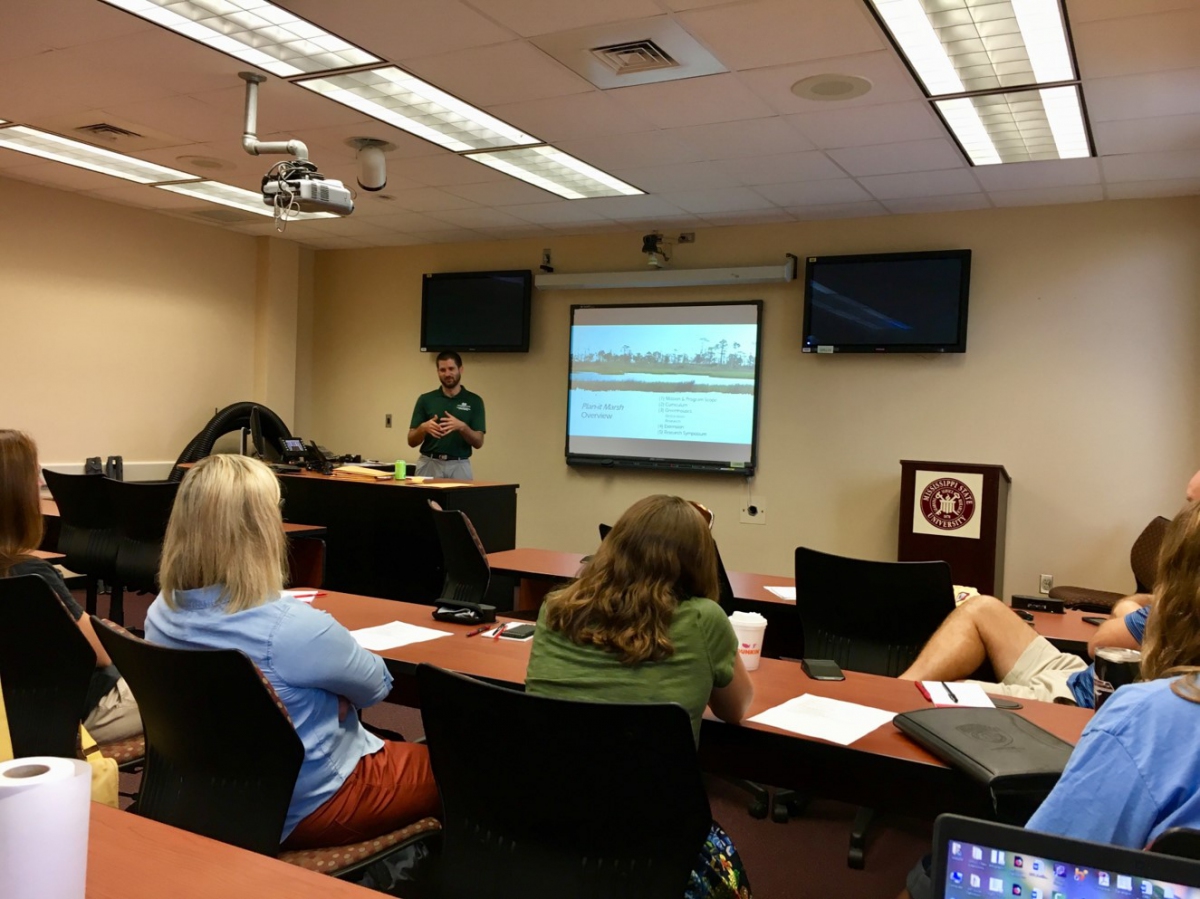
Greenhouses
Greenhouses and/or outdoor nurseries have been built on each high school campus. Students care for marsh plants that are ultimately used in a living shoreline restoration (See Living Shorelines Program: https://coastal.msstate.edu/ccr-sub-programs) and in student group research projects (See Research Projects below).
Research Projects
Students are guided in design of their own small group research projects, using marsh plants from their greenhouses. Students are responsible for plant care, formulating a proper hypothesis, data collection, analyses, and drawing reasonable conclusions. Project coordinator guides each of these steps, and teachers supervise of day-to-day aspects.
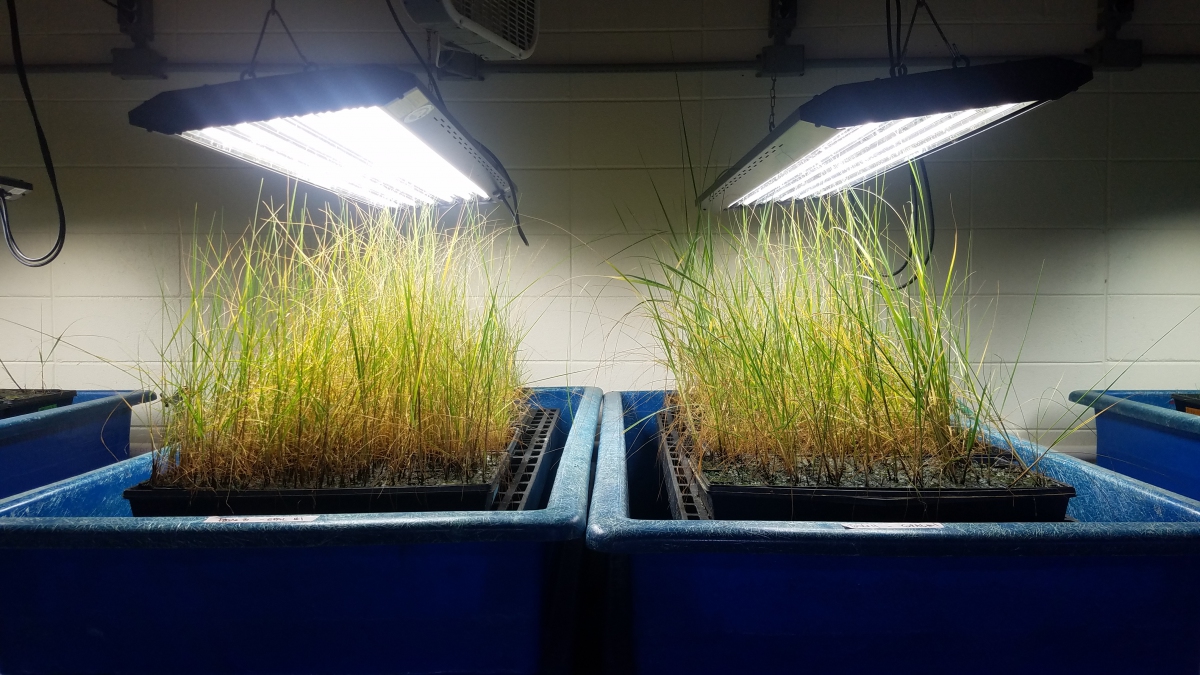
Download 10 pre-packaged research projects
Restoration
Students conduct a living shoreline restoration using marsh plants from their greenhouses. Class restorations have a measurable benefit to their communities and provide students a direct link to their local environment, one step towards another generation of wetland stewards.
Funding
Plan-It Marsh was funded by the National Academy of Sciences Gulf Research Program.
Plan-It Dunes is funded by the EPA.
"This project has been funded wholly or in part by the United States Environmental Protection Agency under assistance agreement (number) to (recipient). The contents of this document do not necessarily reflect the views and policies of the Environmental Protection Agency, nor does the EPA endorse trade names or recommend the use of commercial products mentioned in this document.”
Collaborators:
This work is a joint effort from several organizations:
